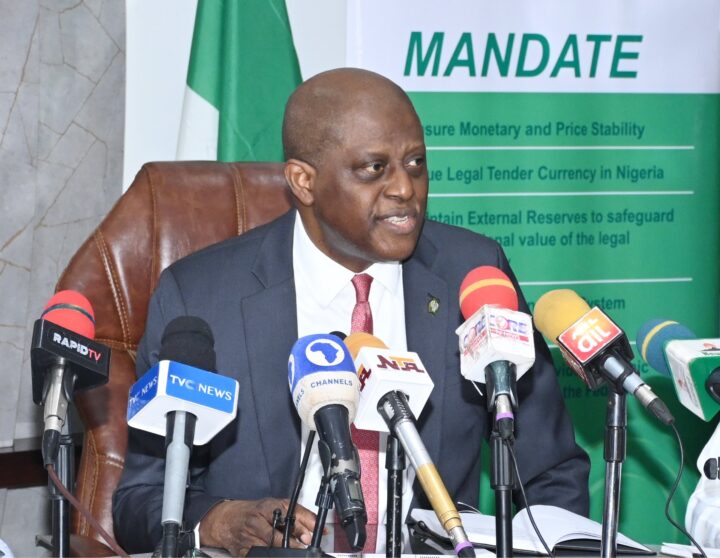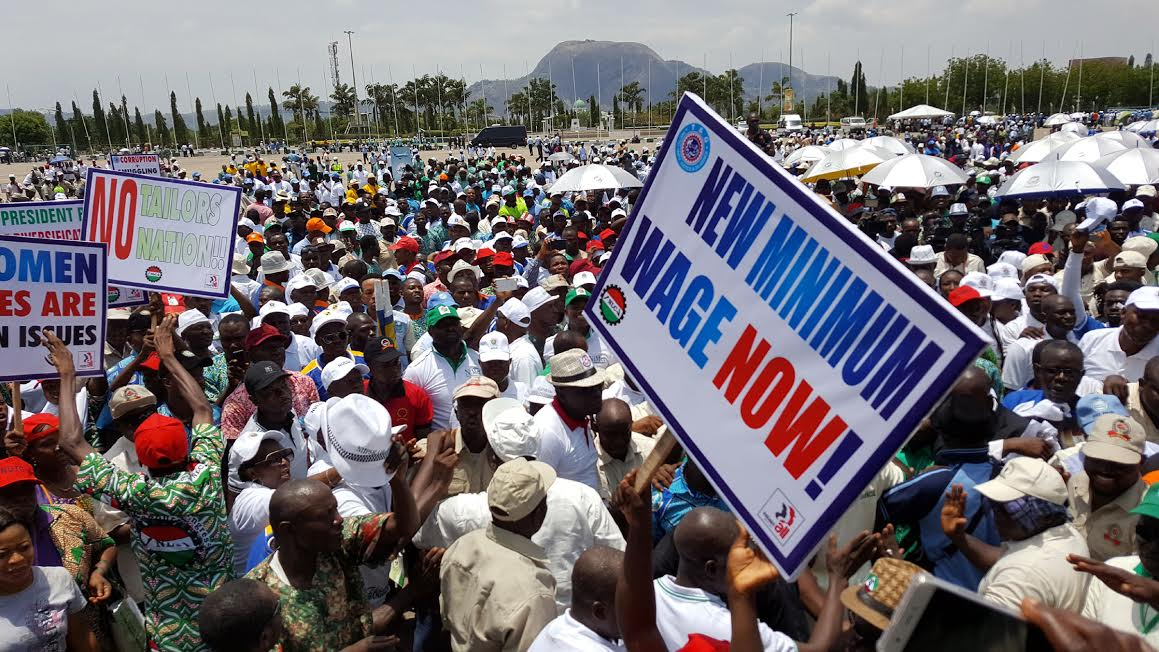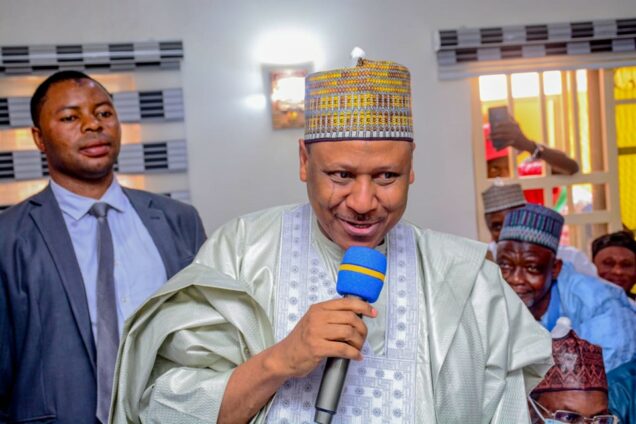When the CBN governor, Mr Olayemi Cardoso indicated last year that they were in the process of setting a new minimum capital base for Nigerian banks to enhance their capacity to support a one trillion dollar economy, I welcomed the idea with open hands and assumed that this administration was finally going to get something right about the economy especially given the way that they had been bungling economic policies since the inception of their administration.
While setting the minimum capital base for banks with international operations at N500 billion seems rather high, when we do a comparative analysis with other African countries where banks have billions of dollars in capital base, we realize that we are just scratching the surface. We need to do a lot more if we are serious about supporting a one trillion-dollar economy.
Apart from the contradiction of Nigeria being the largest economy in Africa and yet not a single Nigerian bank is among the top ten banks in terms of capital base, we also have a situation in Nigeria where banks are very reluctant to support the economy and would rather just lend money to the government and a few large blue chip companies while millions of entrepreneurs all over the country have little or no access to credit to finance their operations from the banking industry.
It is instructive to note that less than 3% of Nigerians have access to credit from Nigerian banks. Yet, the banks keep making huge profits every year mostly from government securities and forex trading which add very little value to the economy.
Advertisement
To support a one trillion dollar economy, we need to create a banking system that will not only be willing to give credit to support economic growth through entrepreneurs, we must aggregate enough capital within the banking system to finance their activities.
We need to go from a situation whereby very few entrepreneurs have access to bank credit to one in which credit is available for all eligible businesses in the country. It is only then that businesses will be able to grow at an exponential rate for the country to realize the dream of a one trillion-dollar economy.
Ironically the CBN governor’s vision of wanting to support a one trillion dollar economy is contradicted by his monetary policy direction of increasing interest rates which in itself is a disincentive to businesses that will lead to economic growth.
Advertisement
While the CBN governor’s reason for increasing interest rates was allegedly to fight inflation, I have argued that interest rate hikes will only work to curb inflation in a society in which the majority of the people have access to bank credit which is not the case in Nigeria. I also observed that the current inflation that we have in Nigeria is a cost-push inflation and not a demand-pull so it doesn’t make sense to increase interest rates to curb demand when most Nigerians already have very weak purchasing power.
The real reason behind the high inflation rate in the country is the fiscal indiscipline of the government that is expressed by their huge budget deficits and “budget padding” which is then financed through loans from the banking system and through Ways and Means advances which both increase money supply in the system without any additional productivity and this is what leads to inflation.
If the CBN governor is serious about fighting inflation, he needs to prevail on the federal government to cut the deficit and stop releasing funds to them to fund the deficit while commercial banks are also restrained from lending money to the government. This is what should have been done instead of punishing the victims of their hapless economic policies with higher interest rates in the guise of fighting inflation.
In my previous article on this subject matter, I suggested that the CBN set the minimum capital base for tier-one banks in the country at $5 billion or its Naira equivalent if they are truly serious about supporting a one trillion dollar economy. This is because banks supporting the economies of much smaller African countries than ours have capital in excess of $5 billion while Standard Bank of South Africa has a capital base of $13.2 billion yet they are supporting economies that are much smaller than ours.
Advertisement
For Nigeria to grow into a one trillion dollar economy, we need to have a fundamental shift in the way banking is done in the country. We need to move from the current system where banks just need to invest in government bonds and treasury bills while trading in forex to make huge profits to a system where banks will focus on funding the real sector of the economy, housing development, and consumer credit.
To achieve this, there must be deliberate government policy to restrict the issuance of government debt instruments like bonds and treasury bills while banks are incentivized to lend more to the public while lowering interest rates.
More importantly, we will need to significantly enhance the capacity of our banking industry to adequately finance our population which is more than 200 million people, and to achieve this the banking industry will have to aggregate a lot more capital than the current N500 billion minimum capital base for tier-one banks can muster.
It was certainly a step in the right direction for the CBN to increase the minimum capital base for banks in the country. However, the new minimum capital announced doesn’t reflect the CBN governor’s goal of supporting a one trillion dollar economy nor will it stimulate the needed seismic change that the banking industry needs to play a more supportive role in the economy.
Advertisement
Oshobi, a development economist, management consultant, and author writes from Lagos.
Advertisement
Views expressed by contributors are strictly personal and not of TheCable.
Add a comment







